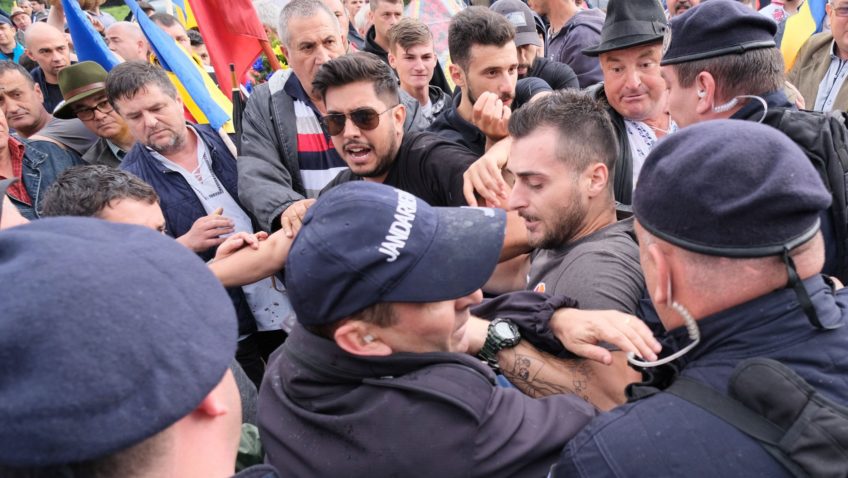Every Sunday, The Vostokian brings you the most important pieces of news from the Balkans and Eastern Europe!
Compiled by: Hristo Voynov and Kristijan Fidanovski
Moldova’s government crisis continues, but the country was able to narrowly avoid a disaster. On June 8th, the Socialist party and ACUM bloc formed a coalition. However, the country’s constitution allows for “3 months” of coalition building after elections before the results are nullified, and this rule came into effect this week after the March 9th elections. The issue came when the court decided 3 months means 90 days, not 3 calendar months, and nullified the elections on June 7th at the request of the third powerful party not included in this new coalition, the Democratic Party of Moldova (DPM). The court empowered Pavel Filip, the country’s PM turned interim president after the current president was suspended over the crisis, into suspending parliament and calling for snap elections. The resulted in days of uncertainty with two governments declaring legitimacy, which only ended on June 14th when the DPM government resigned and accepted an opposition position within the ACUM/Socialist government.
North Macedonia has received mixed news about its possible opening of accession talks with the EU. Having first been disappointed by the EU’s reluctance to announce a date for the talks this month, Prime Minister Zoran Zaev received a reassurance from German Chancellor Angela Merkel that the German parliament would approve the opening of talks in September. This still leaves a few months for France, the Netherlands, and potentially other countries within the EU that have expressed skepticism about Macedonia’s accession talks to change their mind. Starting accession talks requires a unanimous decision by all member states.
Another spat between Hungary and one of its neighbors occurred over Hungary’s attempts to politically engage ethnic Hungarians outside of the country’s borders. This time it occurred over the Úzvölgye cemetery in eastern Romania which commemorates Hungarian soldiers that died in WWI but had recently been opened up to Romanian soldiers as well. This resulted in new memorials being put up by Romania, which Hungary claims resulted in the desecration of Hungarian graves, which culminated in clashes between local Hungarians upset at the changes and nationalist Romanians. Hungary has since called for Romania to punish the Romanians behind the incident, and it remains to be seen if Romania will do so.
Kosovo celebrated the 20th anniversary of the end of the war on June 12 at a ceremony attended by former US President Bill Clinton, former Secretary of State Madeline Albright and former NATO commander Wesley Clark. Having inaugurated a statue of Albright in addition to the existing one of Clinton in the capital, Kosovo has reaffirmed its status of one of the most pro-American countries in the world.
Russian investigative journalist Ivan Golunov was arrested for drug charges, and then had his charges dropped because a court found no evidence that the drugs belong to him. He fiercely claimed that the drugs were planted on him and that he was not at fault, resulting in major protests in his support and ultimately, the dismissal of the police generals involved in the framing. This has resulted discussions over police actions and drug laws in the country. While the Kremlin has downplayed the incident, saying it still needs to be analyzed and may just be an isolated case, others are emphasizing the solidarity given to the journalist and the release of most of those arrested during the supportive rallies as a win for civil society. Russia has the highest number of people per capita imprisoned for drug crimes in Europe, and cases like this show that the number may be highly inflated, as well as the need for reforms in the country’s penal codes.
Romania’s government has received another blow in a series of recent setbacks following a loss in the European elections last month and a prison sentence for party leader Liviu Dragnea. This week, the opposition National Liberal Party has filed a no-confidence motion against the government, thus turning up the heat even further on a government that has been heavily criticized by the European Union for its rule and especially its judicial policies.


0 comments